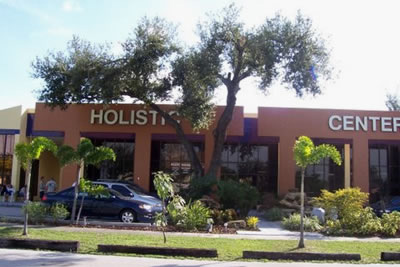Medicaid Expansion Could Benefit Local Addicts and Rehab Centers in Georgia

The state of Georgia saw a 10% increase in opioid deaths from 2013 to 2014, and the epidemic is continuing to worsen nationwide, according to the CDC. Public health experts are saying the increase in opioid deaths is partly due to the state’s decision not to expand Medicaid and offer addiction treatment to qualifying individuals. Medicaid expansion would result in extra resources that could help local opioid addicts treat their addictions at rehab centers in Georgia.
If you are addicted to opioids and need help overcoming your addiction, get help now before your addiction becomes worse. Call our confidential helpline at 888-414-2380 to learn more about drug rehab centers in Georgia that can help you become healthier and strong enough to successfully combat addiction.
Using Medicaid To Address Georgia’s Opioid Epidemic

Medicaid expansion could reduce opioid addiction rates in Georgia.
A report published by the State Health Reform Assistance Network shows that roughly 1.1 million adults who suffer from addiction and substance use disorders live in states that have not adopted the Medicaid expansion. The expansion allows adults with incomes up to 138% of the poverty level gain access to health coverage, including addiction treatment. The report also shows that Medicaid has a greater, more positive impact on the nation’s opioid epidemic in expansion states versus non-expansion states.
As of July, a total of 19 states have not expanded Medicaid, including Georgia. While states with Medicaid expansion may have seen an improvement in opioid addiction rates, spokespersons from the National Association of Medicaid Directors say that other root causes are driving addiction, such as workforce issues, lack of education, and changing economies. Solutions must also include addiction prevention measures, and not just Medicaid expansion.
On the other hand, public health experts that support Medicaid expansion for addiction treatment say this move would increase access to buprenorphine and methadone — two medications that treat opioid addiction. Opioid addicts and rehab centers throughout Georgia would experience major improvements in treatment outcomes just by having access to these medications.
Using Medications to Treat Opioid Addiction
Opioid addicts often experience great difficulty overcoming heroin and opioid addiction on their own, and often fail to achieve lasting sobriety due to the highly addictive nature of these drugs. In many cases, addicts who quit cold turkey go on to experience intense opioid cravings and severe withdrawal symptoms that drive the need to continue using. Unfortunately, ongoing heroin and opioid addiction can increase the risk for overdose and death.
Buprenorphine and methadone are part of medication-assisted treatments used by rehab centers to treat opioid addiction. These synthetic prescription opioid drugs mirror the effects of heroin and painkillers without offering pain relief or the euphoric highs produced by these drugs. This helps recovering addicts stop using heroin and other opioids without experiencing cravings or severe withdrawal symptoms.
Medication-assisted treatments are used by many rehab centers throughout Georgia, but Medicaid expansion could increase access to these treatments even more, and help the state tackle its opioid epidemic. Opioid addicts who use buprenorphine and methadone to overcome addiction often experience fewer relapses, and go on to achieve lifelong sobriety following treatment.
If you or someone you care about is addicted to opioids, don’t hesitate to get help now before it’s too late. Call our confidential helpline at 888-414-2380 to learn more about rehab centers in Georgia that have the resources you need to successfully overcome opioid addiction.
